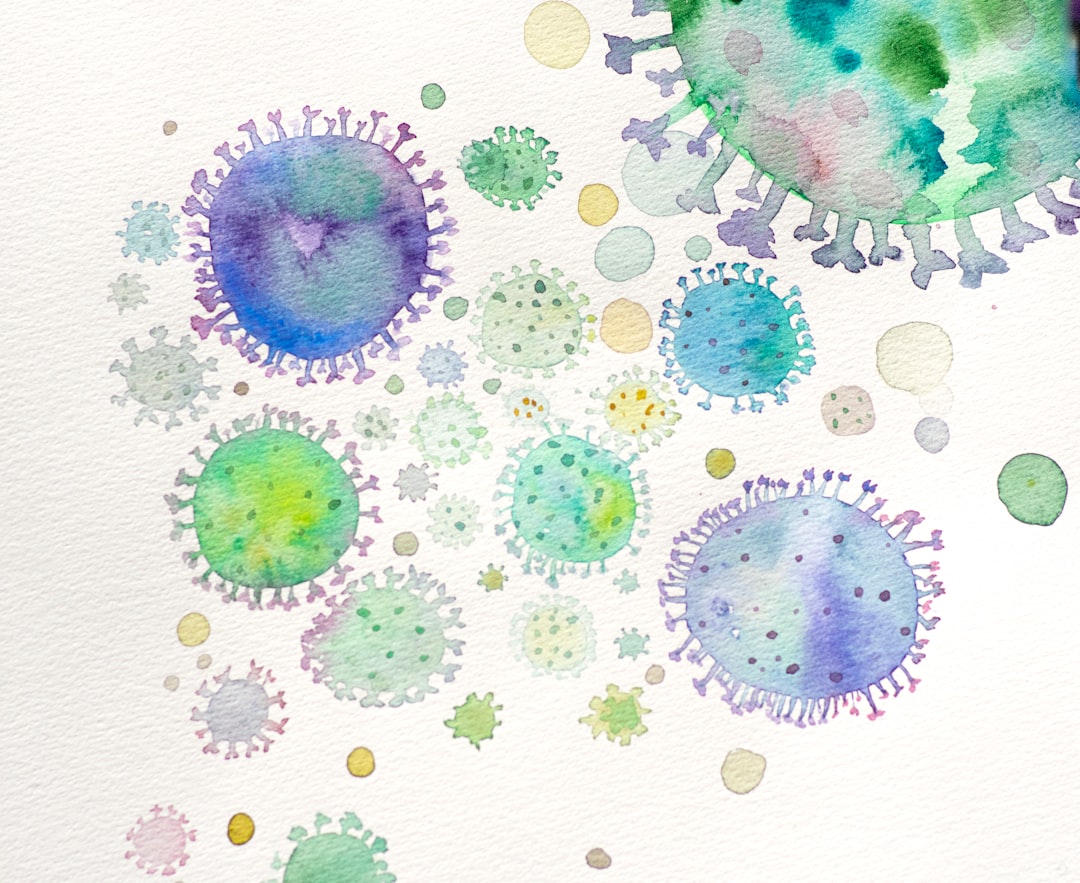Disease vs. Illness
What's the Difference?
Disease and illness are often used interchangeably, but they have distinct differences. Disease refers to a specific medical condition or disorder that affects the normal functioning of the body. It is typically caused by pathogens, genetic factors, or environmental factors. On the other hand, illness is a broader term that encompasses the subjective experience of feeling unwell or having a health problem. Illness can be influenced by various factors, including physical, psychological, and social aspects. While disease focuses on the biological aspect of a health condition, illness takes into account the overall impact on an individual's well-being.
Comparison

| Attribute | Disease | Illness |
|---|---|---|
| Definition | A disorder or abnormal condition that affects the body or mind | A state of poor health or feeling unwell |
| Cause | Can be caused by various factors such as pathogens, genetic mutations, environmental factors, etc. | Can be caused by diseases, injuries, infections, mental health conditions, etc. |
| Symptoms | Manifestations of the disease that can be observed or experienced | Physical or psychological signs that indicate a person is unwell |
| Treatment | May involve medication, surgery, therapy, lifestyle changes, etc. | May involve medication, therapy, rest, self-care, etc. |
| Duration | Can be acute (short-term) or chronic (long-term) | Can be acute (short-term) or chronic (long-term) |
| Prevention | Preventive measures such as vaccinations, hygiene practices, lifestyle choices, etc. | Preventive measures such as vaccinations, hygiene practices, healthy lifestyle choices, etc. |
| Examples | Influenza, diabetes, cancer, tuberculosis, Alzheimer's | Headache, fever, depression, anxiety, fatigue |

Further Detail
Introduction
Disease and illness are two terms often used interchangeably, but they have distinct attributes that set them apart. Understanding the differences between disease and illness is crucial for healthcare professionals and individuals seeking medical care. In this article, we will explore the various aspects of disease and illness, including their definitions, causes, symptoms, treatment, and impact on individuals and society.
Definitions
Disease refers to a specific pathological condition that affects the structure or function of an organism. It is often characterized by specific signs and symptoms and can be caused by various factors such as infections, genetic abnormalities, environmental factors, or lifestyle choices. On the other hand, illness refers to the subjective experience of feeling unwell or having a decreased state of health. It is a broader term that encompasses the physical, mental, and emotional aspects of being unwell, regardless of the underlying cause.
Causes
The causes of diseases can be diverse and multifactorial. They can range from infectious agents like bacteria, viruses, or parasites, to genetic mutations, autoimmune disorders, environmental factors, or lifestyle choices such as smoking, poor diet, or lack of physical activity. Diseases often have specific etiologies that can be identified through medical investigations and diagnostic tests.
Illness, on the other hand, can be caused by various factors, including diseases themselves, but also psychological and social factors. For example, a person may feel ill due to stress, anxiety, grief, or other emotional disturbances, even in the absence of any specific disease. Illness can also be influenced by cultural, social, and economic factors, as well as individual perceptions and beliefs about health and well-being.
Symptoms
Symptoms are manifestations of disease or illness that are experienced by individuals. In the case of diseases, symptoms are often specific and can vary depending on the underlying condition. For example, symptoms of a respiratory infection may include cough, fever, and difficulty breathing. Symptoms can be objective, observable by others, or subjective, only felt by the affected individual.
Illness, on the other hand, is characterized by a wide range of symptoms that can be physical, psychological, or emotional. Physical symptoms may include fatigue, pain, nausea, or changes in appetite, while psychological symptoms may involve mood changes, anxiety, or cognitive difficulties. The experience of illness is highly subjective and can vary greatly between individuals, even when facing the same disease.
Treatment
Treating diseases often involves targeting the underlying cause or pathology. Medical interventions such as medications, surgeries, or therapies are commonly used to manage diseases and alleviate symptoms. Treatment plans are often based on evidence-based guidelines and tailored to the specific disease and individual needs. In some cases, diseases can be cured, leading to the complete resolution of symptoms and restoration of health.
When it comes to illness, treatment approaches are more diverse and holistic. In addition to medical interventions, addressing illness may involve psychological support, counseling, lifestyle modifications, and social interventions. The focus is not only on alleviating physical symptoms but also on improving overall well-being and quality of life. Treatment plans for illness often consider the individual's unique circumstances, preferences, and goals.
Impact on Individuals and Society
Diseases can have a significant impact on individuals and society as a whole. They can cause physical suffering, disability, and even death. Diseases can also lead to financial burdens due to medical expenses, loss of productivity, and decreased quality of life. Additionally, infectious diseases can spread within communities, leading to outbreaks and public health emergencies.
Illness, on the other hand, affects individuals in various ways beyond the physical realm. It can impact mental health, relationships, and overall functioning. Illness can result in decreased productivity, absenteeism from work or school, and reduced quality of life. The subjective nature of illness also means that individuals may require different types of support and accommodations to manage their symptoms and improve their well-being.
Conclusion
In conclusion, disease and illness are distinct concepts with different attributes. Disease refers to specific pathological conditions with identifiable causes and symptoms, while illness encompasses the subjective experience of feeling unwell, regardless of the underlying cause. Understanding these differences is crucial for healthcare professionals to provide appropriate care and support to individuals. By recognizing the unique aspects of disease and illness, we can work towards comprehensive healthcare approaches that address both the physical and subjective aspects of well-being.
Comparisons may contain inaccurate information about people, places, or facts. Please report any issues.